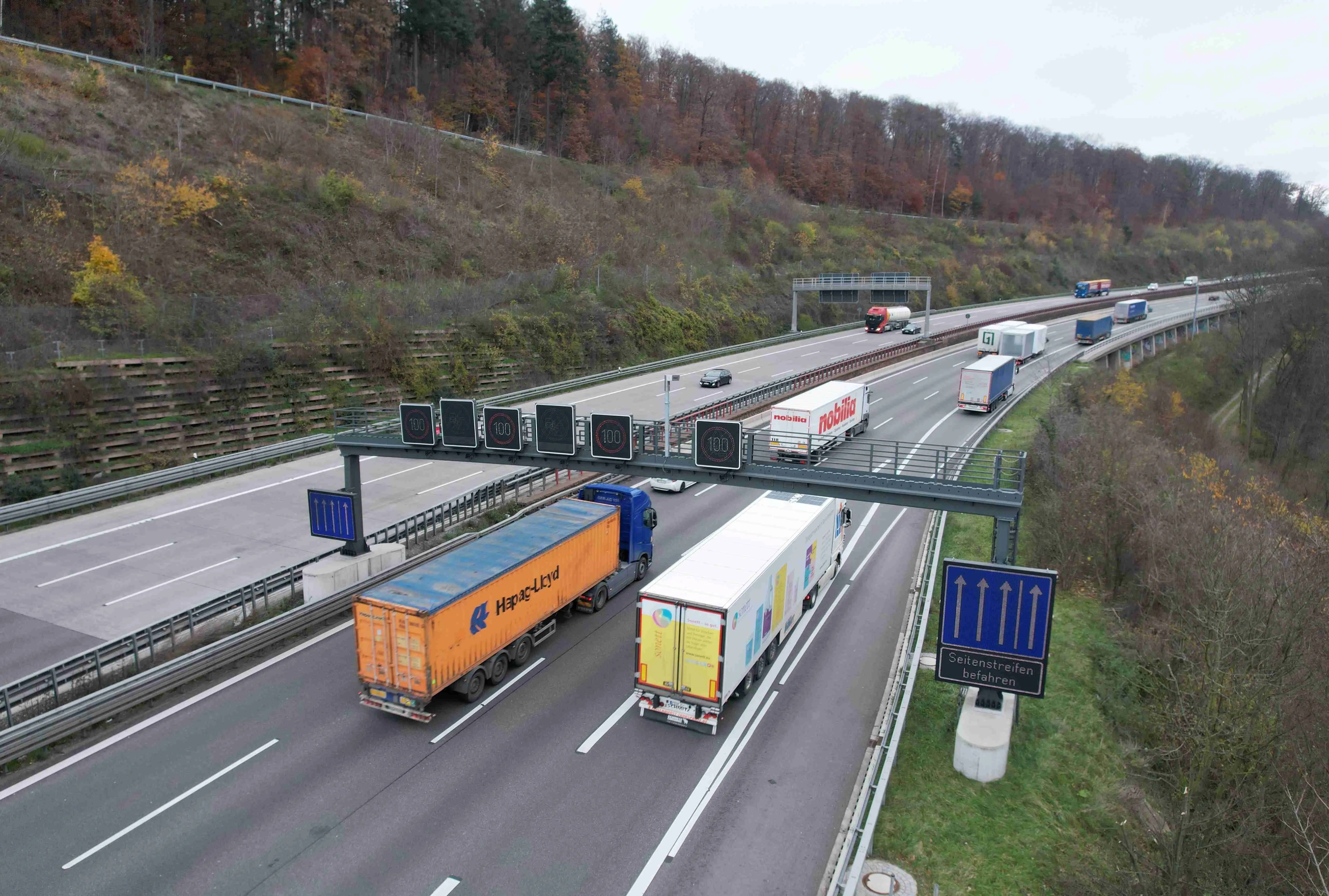Three new major motorway schemes on the M1 and M3 will cut congestion and give Britain's drivers smoother, quicker journeys, Transport Secretary Patrick McLoughlin has announced.
Construction will now start on the M1 junctions 28-31 in Derbyshire, M1 junctions 32-35a in South Yorkshire and on the M3 at junction 2-4a in Surrey.
The new schemes are central to the Government's long term economic plan and part of US$41 billion of investment in the road network by 2021, which will see spending tripled to U
July 9, 2014
Read time: 3 mins
Three new major motorway schemes on the M1 and M3 will cut congestion and give Britain's drivers smoother, quicker journeys, Transport Secretary Patrick McLoughlin has announced.
Construction will now start on the M1 junctions 28-31 in Derbyshire, M1 junctions 32-35a in South Yorkshire and on the M3 at junction 2-4a in Surrey.
The new schemes are central to the Government's long term economic plan and part of US$41 billion of investment in the road network by 2021, which will see spending tripled to US$5 billion each year on England's key highways and motorways.
Smart motorways convert the hard shoulder to a running lane to boost capacity and smooth traffic, operating either permanently or during busy periods. Overhead variable message signs inform motorists of changes in speed limits, queuing and lane closures, while staff in regional control centres use CCTV to monitor incidents.
These schemes will boost capacity by a third and improve journey times up to 10 per cent through the M1 schemes and 15 per cent on the M3, where average speeds are currently 45mph during rush-hour. The national speed limit on these sections will remain at 70 mph.
The503 Highways Agency previously consulted on proposals to limit speeds to 60mph between 7am and 7pm seven days a week because of the potential effect of the new schemes on local air quality.
However, the Transport Secretary has rejected this approach as the Government's preferred option for managing the problem and has instead asked the Highways Agency to rigorously investigate alternatives as work progresses on the schemes in the next 12-18 months. If any proposals continue to include varying speed limits, they must only apply when absolutely necessary. In particular, the Agency must look for alternatives that maintain the 70mph limit wherever possible, particularly when traffic tends to be lighter, such as at weekends and outside of peak commuting hours.
In the meantime, as with all smart motorways already in successful operation, the Highways Agency will take the necessary legal powers to enable them to vary the speed limit from the routine 70mph at certain times.
McLoughlin said: "Let me be absolutely clear, I want all motorways to run at 70mph. While it sometimes makes sense to use variable limits to keep people moving, blanket reductions are not acceptable. Smart motorways are an effective and cost efficient way of increasing space on our roads, cutting jams and speeding up journey times and I am pleased to announce the start of work on these schemes."
Construction will now start on the M1 junctions 28-31 in Derbyshire, M1 junctions 32-35a in South Yorkshire and on the M3 at junction 2-4a in Surrey.
The new schemes are central to the Government's long term economic plan and part of US$41 billion of investment in the road network by 2021, which will see spending tripled to US$5 billion each year on England's key highways and motorways.
Smart motorways convert the hard shoulder to a running lane to boost capacity and smooth traffic, operating either permanently or during busy periods. Overhead variable message signs inform motorists of changes in speed limits, queuing and lane closures, while staff in regional control centres use CCTV to monitor incidents.
These schemes will boost capacity by a third and improve journey times up to 10 per cent through the M1 schemes and 15 per cent on the M3, where average speeds are currently 45mph during rush-hour. The national speed limit on these sections will remain at 70 mph.
The
However, the Transport Secretary has rejected this approach as the Government's preferred option for managing the problem and has instead asked the Highways Agency to rigorously investigate alternatives as work progresses on the schemes in the next 12-18 months. If any proposals continue to include varying speed limits, they must only apply when absolutely necessary. In particular, the Agency must look for alternatives that maintain the 70mph limit wherever possible, particularly when traffic tends to be lighter, such as at weekends and outside of peak commuting hours.
In the meantime, as with all smart motorways already in successful operation, the Highways Agency will take the necessary legal powers to enable them to vary the speed limit from the routine 70mph at certain times.
McLoughlin said: "Let me be absolutely clear, I want all motorways to run at 70mph. While it sometimes makes sense to use variable limits to keep people moving, blanket reductions are not acceptable. Smart motorways are an effective and cost efficient way of increasing space on our roads, cutting jams and speeding up journey times and I am pleased to announce the start of work on these schemes."








